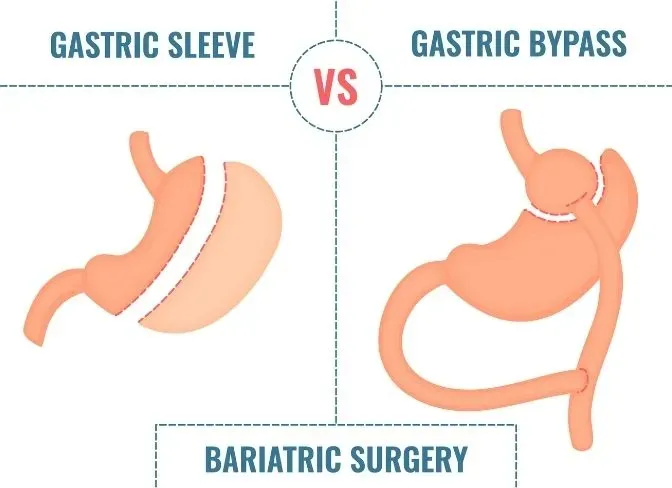Obesity has become an increasingly prevalent health issue in modern society. Obesity, which significantly impacts physical health, can also lead to a range of health problems. Despite efforts to combat obesity through various diet and exercise methods, sometimes these endeavors may prove insufficient. This is where bariatric surgery comes into play.
What is Bariatric Surgery?
Bariatric surgery is a surgical procedure performed with the aim of accelerating weight loss in individuals who are overweight or obese and correcting health issues associated with obesity. It typically involves methods such as reducing the size of the stomach or rearranging the intestines. However, bariatric surgery is not suitable for everyone and is determined based on several crucial factors.
Safety and Risks of Surgery
Bariatric surgery is generally considered a safe procedure, but like any surgical intervention, it carries certain risks. General surgical risks such as infection, bleeding, and anesthesia reactions apply to this procedure as well. However, when performed under the supervision of a skilled surgeon, these risks can be minimized.
Health Benefits Beyond Weight Loss
Bariatric surgery not only accelerates weight loss but can also improve a range of health issues associated with obesity. Conditions such as diabetes, hypertension, and sleep apnea can be positively affected post-surgery. However, for successful outcomes, it is crucial for patients to adhere to the diet and exercise program recommended by their doctor after surgery.
Eligibility Criteria and the Role of the Patient
Eligibility for bariatric surgery is often based on specific body mass index (BMI) limits and the presence of obesity-related health issues. Candidates undergo a thorough evaluation to determine if they meet the eligibility criteria. Additionally, for success post-surgery, patients must maintain lifestyle changes, pay attention to their diet, and engage in regular exercise.
Side Effects and Complications
Potential side effects after bariatric surgery may include nutrition issues, vitamin deficiencies, gallstone formation, and intestinal obstruction. Regular follow-up and support are crucial during the post-surgery period.
In Conclusion: Health and Rebirth
Bariatric surgery can be an effective solution for weight loss and health improvement in suitable candidates. However, it is essential to gather detailed information and consult with a healthcare professional before making this decision. Patient commitment to lifestyle changes, regular follow-up, and support are critical factors in achieving successful results post-surgery.





Get Free Quote